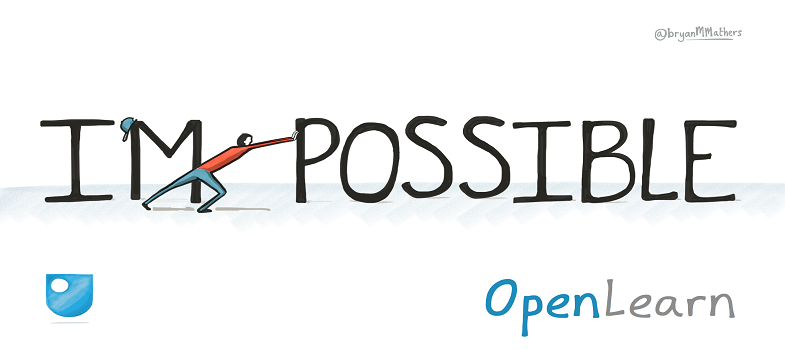5.1 Early planning: learning design activities
Before you start to write it is important to plan the content and structure of your course. There are various learning design activities we recommend you take part in before you start to write the content.
As discussed in Session 2 on planning your course, one of the best places to start once you have an idea about the sort of course you’d like to produce is to create a list of learning outcomes. This doesn’t need to be an exhaustive list; it should be manageable, attainable and not put off learners before they’ve even started to read the course. Depending on the length and structure of your course, you may want a list of learning outcomes that covers the entire course, or you may want more specific learning outcomes for each section. Creating learning outcomes early on in your planning will help to give you a grounding on what you want learners on your course to come away with. It also gives you something to use as a check that your writing is focused on what you want learners to learn about.
The next step is to think about the types of activities you would like to include and how long you would expect learners to spend on them. You should ensure that these relate clearly to the learning outcomes. Types of activities include:
- assimilative: reading text; watching video; listening to audio
- finding and handling information: finding information and then dealing with it
- communicative: interacting with other people, possibly other learners
- productive: producing something tangible, for instance a spreadsheet or a toolkit
- experiential: applying learning into a work or formal setting; reflection
- interactive/adaptive: for example, role play.
As discussed in Session 2, activities, especially those with feedback against which learners can check their answers, are particularly popular on open online courses. Forced social interaction is favoured considerably less.
While planning your course, you may find it useful to consider how you are going to assess your course. This is covered in depth in the next session.
Introduction

